Overview
Recent efforts to advance public policy research in Africa have sparked growing interest in applying established policy process theories, such as the Advocacy Coalition Framework and the Multiple Streams Framework, to pressing issues on the continent. These issues span governance, natural resource management, education, healthcare, agriculture, and public management. Existing applications also highlight underexplored areas, including coalition dynamics and the factors driving agenda setting in African policymaking.
However, Africa’s unique socio-political context, shaped by factors such as Ubuntu philosophies, informal institutions, variable state capacity, and evolving systems of democratic accountability may influence policy processes in ways that diverge significantly from patterns observed in more established Western democracies. Given these observations, scholars and practitioners have questioned the adequacy of Western policy process theories in fully capturing the nuances of African policy environments. This concern also speaks to broader critiques of intellectual hegemony, where externally derived theories risk overlooking or misrepresenting contextually critical variables.
Compounding this is a persistent disconnect between researchers and policymakers in many African contexts, contributing to policy failures and the underutilization of research evidence in decision-making.
Focus
The Global Network of African Policy Process Researchers (AfriPoliNet) aims to confront these challenges by focussing on key, interrelated questions, including the following:
By addressing these questions, the network seeks to generate fresh insights into how context, ideas, actors, and incentives interact to shape African policy processes. It also aims to offer practical guidance on the application and adaptation of policy process theories development elsewhere to African settings.
Approach
Amplify the work of African policy process scholars
Showcase and promote the research, publications, and contributions of scholars working on policy processes across Africa.
Foster cross-learning and collaboration
Create a vibrant platform for the exchange of ideas, fostering interdisciplinary research partnerships between African policy process scholars and policy practitioners.
Disseminate research outputs
Share regular updates on new publications, policy briefs, and research findings from members of the AfriPoliNet community.
Drive collaborative research and writing
Support joint research projects, special journal issues, and co-authored publications that deepen the understanding of policy processes in African contexts.
Convene knowledge-sharing spaces
Organise and participate in workshops, roundtables, and conferences that spotlight African policy process research and facilitate dialogue between academics and policy actors.
Join AfriPoliNet
We invite researchers, practitioners, and scholars who share our vision and are committed to generating rigorous, context-relevant policy research that works for Africa and its people to join AfriPoliNet.
Subscribe to updates about our work.
By entering your email address and clicking “Subscribe,” you agree to receive updates from the State Capacity and Citizenship Building Research Centre (SCCB-Africa) about our work. To learn more about how we use and protect your personal data, please view our privacy policy.
